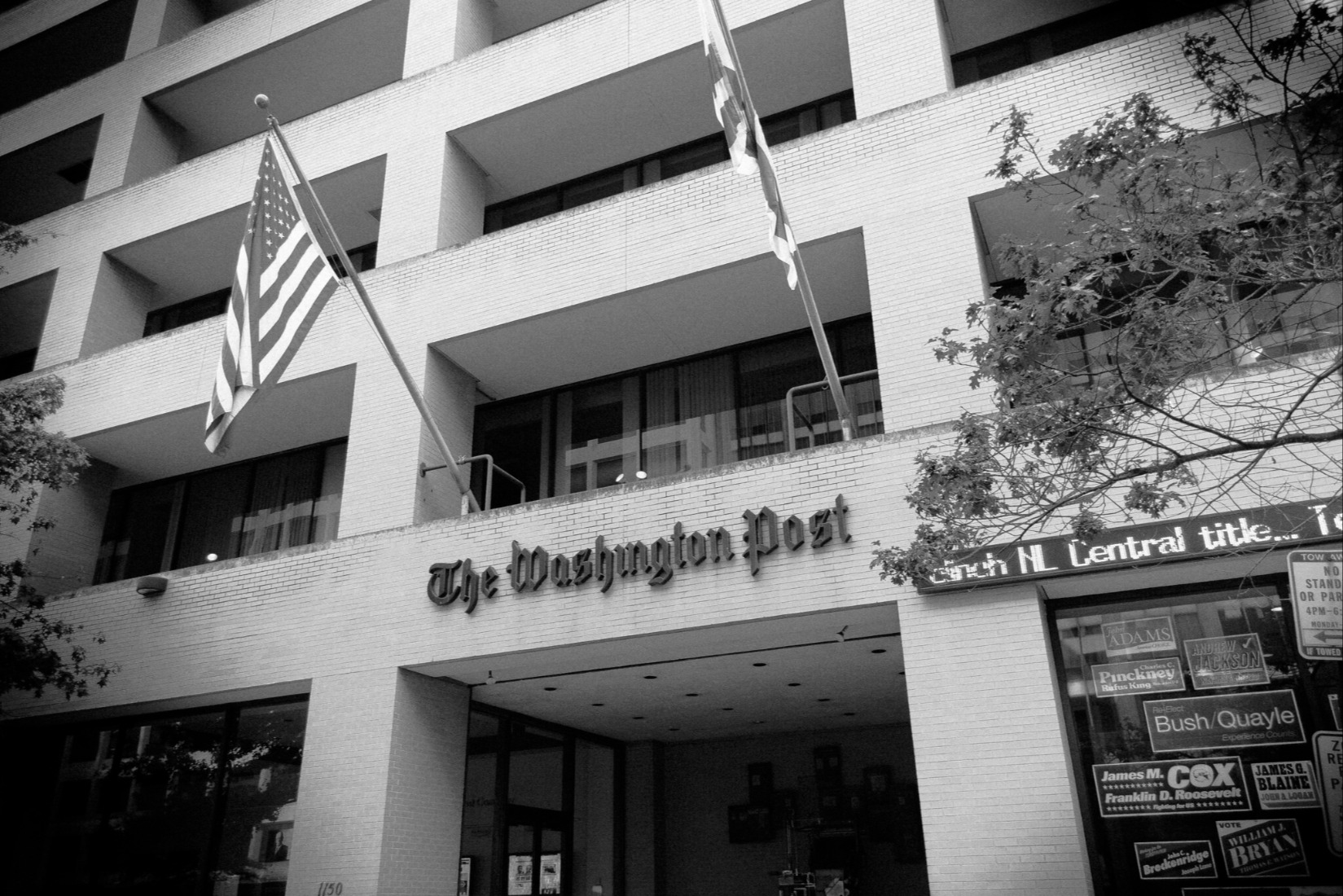The Law of Retired Military Officers and Political Endorsements: A Primer
Among the many novel features of the 2016 presidential election campaign is the increasingly visible participation of former military officers in the political process. Below is a brief primer on the legal status of retired service members, and the statutes and rules which govern their participation in politics.
Published by The Lawfare Institute
in Cooperation With

Among the many novel features of the 2016 presidential election campaign is the increasingly visible participation of former military officers in the political process. Below is a brief primer on the legal status of retired service members, and the statutes and rules which govern their participation in politics.
In the first presidential debate, Donald Trump, in an exchange with Hillary Clinton over national security, highlighted the “200 . . . admirals and generals [who have] endorsed me to lead this country.” Earlier last month, the Trump campaign unveiled a letter of support signed by 88 former officers of the armed forces. Hillary Clinton responded with a list of 95 retired generals and flag officers. These endorsements followed high-profile speeches by Army Lieutenant General (retired) Michael Flynn and Marine Corps General (retired) John Allen at the Republican National Convention and Democratic National Convention, respectively.
But these endorsements have not gone over entirely smoothly among those familiar with the armed services. Army General (retired) Martin Dempsey and Admiral (retired) Michael Mullen, both former Chairmen of the Joint Chiefs of Staff, criticized both General Flynn and General Allen for participating in the conventions on the grounds that the speeches politicized the armed forces. Marine General (retired) John Kelly has urged retired service members to stay out of the “cesspool of domestic politics.” And experts, notably Kori Schake and Rosa Brooks, have also questioned the role of the military in political affairs.
While this election may be unusual in the extent to which retired service members are participating in politics on a high level, the debate over their participation is far from new. Prominent former service members have waded into politics for nearly 30 years, and each election cycle has prompted renewed argument concerning civil-military relations. Historians point to Marine Corps General (retired) P.X. Kelley’s 1988 support of Vice President George H.W. Bush and Admiral (retired) William Crowe’s 1992 endorsement of Bill Clinton as watershed moments that triggered subsequent campaigns to seek the support of former service members. And military endorsements became a political issue in the 2000, 2004, and 2012 presidential elections as well.
Apart from the wisdom or prudence of retired military participation in politics, former members of the armed services occupy a legal status somewhat distinct from that of ordinary citizens. Even as retirees, they remain bound by codes of military behavior that restrict the political participation of service members.
Retired military officers are subject to the Uniform Code of Military Justice (UCMJ) under Article 2 of the UCMJ, which extends the jurisdiction of military law to “[r]etired members of a regular component of the armed forces who are entitled to pay.” (See the Army’s implementing regulation, AR 27-10, Military Justice, here: “Retirees are subject to the UCMJ and may be tried by court-martial for violations ... that occurred ... while in a retired status.”) Service-specific statutes and rules also define the regular components of the armed forces expansively to include retired officers.
The most pertinent rules prohibit limited forms of contemptuous speech and require retirees to refrain from political advocacy that could be construed as an official endorsement on the part of the armed services. Article 88 of the UCMJ criminalizes “contemptuous words against the President, the Vice President, Congress, the Secretary of Defense, the Secretary of a military department, the Secretary of Homeland Security, or the Governor or legislature of any State ...” The Manual for Courts-Martial, pt. IV, ¶ 12(c), however, narrows the scope of the offense: “If not personally contemptuous, adverse criticism of one of the officials or legislatures named in the article ... even though emphatically expressed, may not be charged as a violation ...” Further, “[t]he official or legislature against whom the words are used must be occupying one of the offices or be one of the legislatures named in Article 88 at the time of the offense.”
Should General Flynn and General Allen be concerned? Although the armed forces could employ this prohibition to restrain retirees’ political speech, the government has only initiated court-martial proceedings against one retired service member—nearly one hundred years ago in United States v. Salvagno. And the retiree in question—a former Army musician—was acquitted.
Moreover, military prosecutors have limited discretion to proffer charges against retirees for violations of the UCMJ. For example, AR 27-10, Military Justice, states, “Army policy provides that retired Soldiers ... will not be tried for any offense by courts-martial unless extraordinary circumstances are present. Prior to referral of courts-martial charges against retired Soldiers, approval will be obtained from the Criminal Law Division ... of the Assistant Secretary of the Army.”
It’s therefore unlikely that retired officers’ political speech, even if personally offensive to named officeholders, will result in the referral of charges and court-martial. So General Flynn and General Allen can rest easy on that score.
Both men have also hewed to Directive 1344.10 of the Defense Department’s regulations restricting the political activities of service members, which prohibits retirees from wearing a military uniform when engaging in certain political activities, including fundraising and rallies. Neither General Flynn nor General Allen has appeared in uniform when speaking on behalf of candidates.
The DOD directives also state that former officers may not participate in political activities “in a manner that could reasonably give rise to the interference or appearance of official sponsorship, approval, or endorsement” of the armed forces. Even so, the DOD maintains that “[a] Service member’s right of expression should be preserved to the maximum extent possible ...”
But does the existing legal framework prohibit retirees from endorsing political candidates? In 2010, Steve Corbett and Michael Davidson contended that the UCMJ “provides only a theoretical limitation on the political activities of retired officers.” General Dempsey recently opined, “[R]etired [officers] can ... become part of the ... political landscape,” though he recommended against them doing so. Some military justice experts have argued, however, that “should a senior military officer publicly endorse a political candidate in his capacity as a retired military officer and while doing so, treat a sitting [protected officeholder] with obvious contempt, then military jurisdiction might properly be invoked, if the facts are sufficiently egregious.”
As such, the present debate is not over whether these individuals can legally endorse a candidate, but whether they should engage in partisan activities. The conduct of Lieutenant General (retired) Flynn, General (retired) Allen, and other retired officers seems to comport with existing law. But law aside, whether their political participation is perceived as appropriate—by the public or by other service members—remains an open question.





